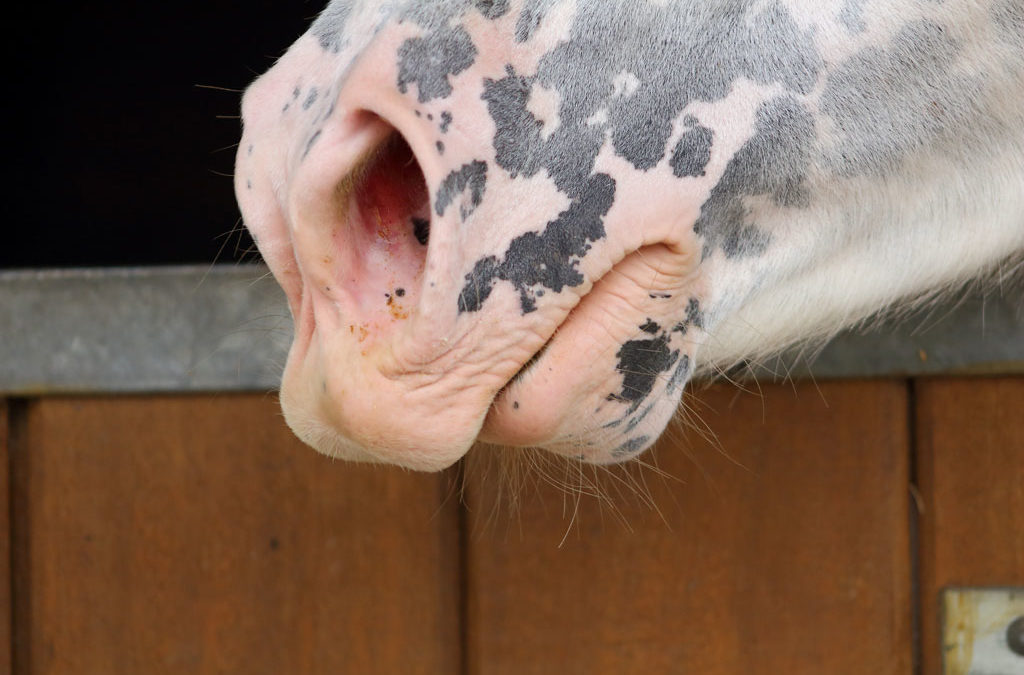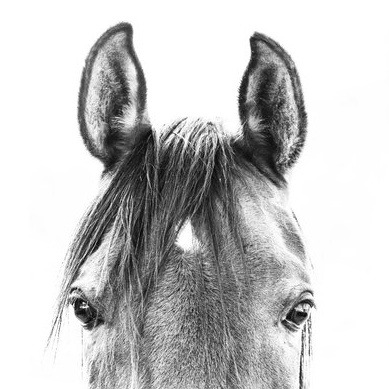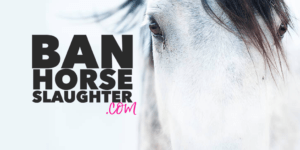The French Equestrian Federation (FFE) has banned the removal of a horse’s whiskers on welfare grounds. It joins Germany and Switzerland in bringing into effect a rule that would disqualify any horse from competition if the whiskers have been removed.
On their website they state that vibrissae, the correct term for whiskers— which are the long tactile hairs around the eye, nose and mouth of the horse—are sensory organs. And just like cat’s whiskers, they allow the horse to gather information about the environment. Around the eyes they serve as protection and, around the blind spot of the nose, they take over from the eyes.
The FFE has just incorporated a rule on this subject in their General Competition Regulations and, from early 2019, competing on a horse that has been deprived of his/her vibrissae is no longer permitted.
The new rule aligns with their official acknowledgement that horses do not perceive their environment in the same way humans do and we need to learn more about horse ethology and behaviour, which they promote as the key to better management and training.
“The role of the FFE is to communicate good practices,” FFE ethologist and animal welfare mission manager Déborah Bardou said.
“It is important that riders behave appropriately with the horse. They are the advocates for animal welfare, and they underwrite the image of equestrian sports.”
Equine behaviourist Justine Harrison hopes other countries will follow with similar rules. “Many countries, including the UK and Australia, are very backward in many aspects of horse welfare and it’s time for us to catch up with France, Switzerland and Germany and ban the trimming of whiskers.
For information about why horses need their whiskers click here.


T-SHIRTS IN SUPPORT OF HORSE RESCUE FUND
LIMITED TIME OFFER FREE SHIPPING CANADA & USA
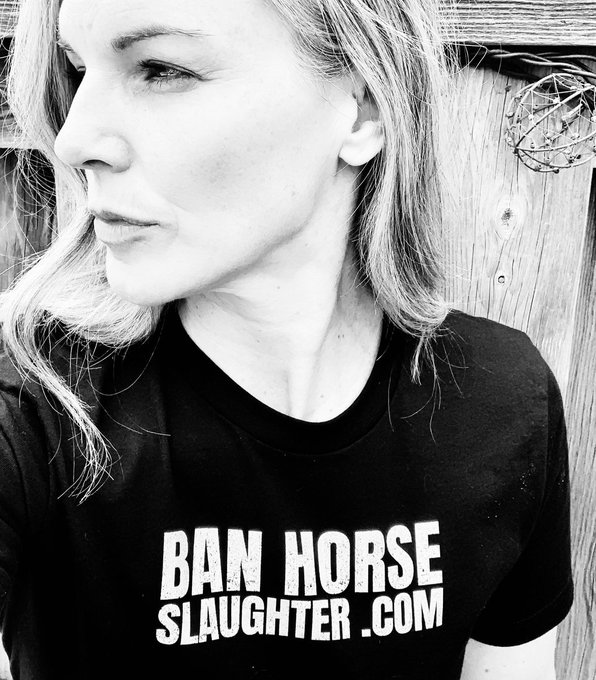
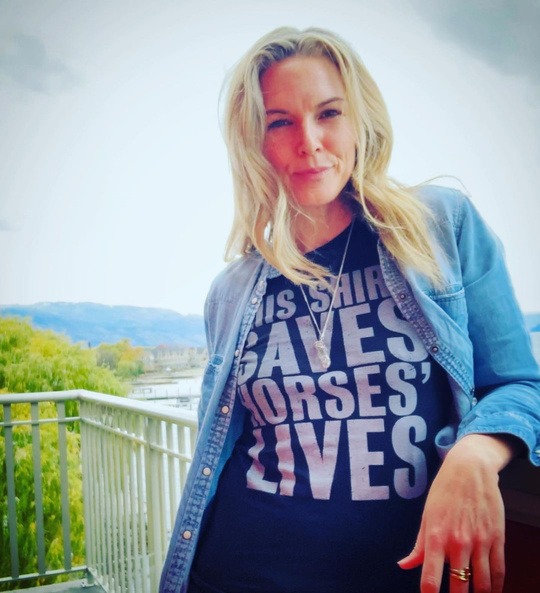
CANADA SLAUGHTERS HORSES FOR HUMAN CONSUMPTION
It may be hard for some to believe that tens of thousands of horses, including pets, are routinely slaughtered in Canada, for human consumption.
Some of the meat is consumed in Canada and much of it is shipped to the European Union and other markets, including Japan.
The barbaric slaughter of horses is currently not legal in the United States, BUT horses, including pets and ex-racehorses, from the United States are shipped to Canada and to Mexico to be slaughtered.
In addition Canada allows for the transportation of live horses to Japan, to be slaughtered for human consumption, and unfortunately the transportation of horses destined for slaughter within Canada, and by air, is far from humane.
British Columbia, Canada Wildfires — Horses in need
British Columbia, Canada is currently experiencing extremely high temperatures and as in a number of recent summers, wildfires are creating challenges for many horse and other livestock owners.We first became aware of Horse Council BC’s efforts to support the...
Rebeka Breder Animal Rights Lawyer
PLEASE VOTE FOR ANIMAL LAW LAWYER REBEKA BREDERAs you follow along with Canadian Horse Defence Coalition and their mission to ban horse slaughter for human consumption, you will notice that Rebeka Breder is the lawyer who is handling a lawsuit appeal on behalf of CHDC...
Alberta SPCA Sell Mare at Auction
CINDY THOMAS OF HORSE HEROES ALBERTA FINDS & BUYS A MARE "BELONGING" TO ALBERTA SPCA AT HORSE AUCTION Chances are good that if you know anything about horse slaughter in Canada you've come across Cindy Thomas of Horse Heroes Alberta. Multiple times per month...

